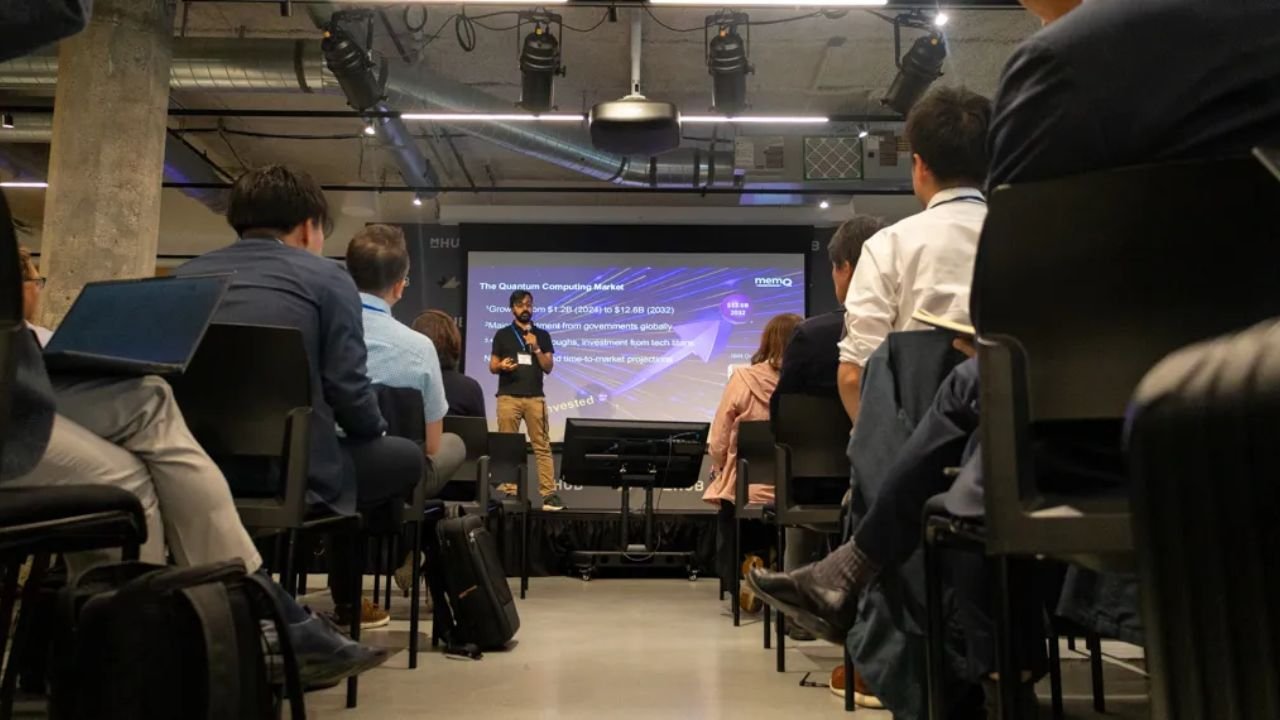CHICAGO — With over $700 million in state backing, Illinois has positioned itself at the forefront of the emerging quantum technology industry — a move state leaders say could transform everything from global communications to cancer research, while creating over 100,000 high-paying jobs across Chicagoland and beyond.
But what exactly is quantum technology? Why is Illinois investing so heavily in it — and how will it affect local taxpayers, businesses, universities, and everyday residents?
Let’s break it down.
What Is Quantum Tech and Why Does It Matter?
Quantum technology uses the laws of quantum mechanics to develop computers and systems capable of calculations and simulations billions of times faster than current technology. Potential applications include:
-
Drug discovery and medical research
-
Cybersecurity and encrypted communication
-
Advanced sensors for national defense and environmental monitoring
-
Financial forecasting and logistics simulations
According to World Business Chicago, quantum could generate tens of billions of dollars in economic activity and bring over 100,000 jobs to the region in the coming decades.
Illinois’ $700M Gamble — and the Research Park Behind It
The centerpiece of Illinois’ quantum initiative is the Illinois Quantum and Microelectronics Park (IQMP) on the South Side of Chicago. The state is contributing:
-
$500 million in direct public funding for infrastructure and development
-
$200 million in tax breaks and incentives for anchor tenant PsiQuantum, a California-based quantum computing firm
Additional partners include IBM, DARPA (the Defense Advanced Research Projects Agency), and Diraq, an Australian quantum company.
This new “Quantum Prairie” aims to replicate what Silicon Valley did for personal computing — but with quantum, the stakes (and investment) are exponentially higher.
Global Eyes on Chicago: Japan and International Partners Take Interest
In June 2025, the Japan External Trade Organization sent a delegation to Chicago to explore partnerships and investments in the quantum sector. Officials from Intersect Illinois and World Business Chicago pitched the city as a future global hub for cutting-edge quantum research and manufacturing.
One participant, Yuki Nagasako, founder of Quantumdata, noted:
“In California, no one’s talking about quantum. But in Chicago — everyone is.”
Taxpayer Questions: Who Pays for All This Innovation?
Illinois residents may be asking — what’s the catch?
While the promise of jobs and research prestige is appealing, state leaders are effectively gambling $700 million in public resources on an industry still in its infancy. If the quantum park fails to attract long-term private investment, taxpayers could be left footing the bill.
However, proponents argue that not investing would cost even more in lost opportunities. Gov. J.B. Pritzker, a self-proclaimed “quantum geek,” said the initiative ensures Illinois stays competitive:
“Diraq’s commitment further cements Illinois’ position as a global quantum leader.”
How Universities and Local Talent Will Benefit
Illinois’ universities stand to gain enormously:
-
University of Illinois, University of Chicago, and Northwestern are all positioned to become training grounds for the next generation of quantum engineers, physicists, and cybersecurity experts.
-
Argonne National Lab is also hosting quantum networking and testing, building out local infrastructure.
This could reverse the state’s long-term “brain drain” by offering cutting-edge career paths to homegrown talent.
Economic Impact: Who Wins, Who Waits
| Sector | Potential Benefits |
|---|---|
| Tech Startups | Access to research grants, venture capital, and lab facilities |
| Manufacturing | Supply chain jobs building quantum infrastructure and sensors |
| Education | STEM curriculum expansion at high schools and colleges |
| Chicago South Side | Job creation, real estate investment, infrastructure renewal |
But some critics argue that communities outside Chicago — especially in central and southern Illinois — may be left behind unless investment expands.
Cybersecurity Risks and Ethical Concerns
Quantum computers will one day be powerful enough to break current encryption standards, making today’s data storage methods obsolete. This raises concerns about privacy, national security, and even cryptocurrency vulnerabilities.
Illinois will need to invest in quantum-safe encryption, and the federal government is already working with DARPA and other partners to prepare.
How This Impacts You
Even if you don’t work in tech, here’s why Illinois’ quantum push matters:
-
Economic growth may boost housing demand, real estate prices, and local tax revenue.
-
Workforce development programs will offer new training for high-paying, skilled careers.
-
K-12 education may receive expanded STEM funding and job pipelines for students.
-
Public infrastructure — like broadband and power grids — will be modernized to meet lab demands.
In short, this isn’t just a “tech story.” It’s a community investment story with long-term consequences.
Sources and Further Reading
What Do You Think?
Do you believe Illinois is making the right bet on quantum technology?
Should more funds go toward other priorities like housing, transit, or healthcare?
Share your thoughts in the comments on ChicagoSuburbanFamily.com — and stay updated with the latest on Illinois innovation, policy, and opportunity.














